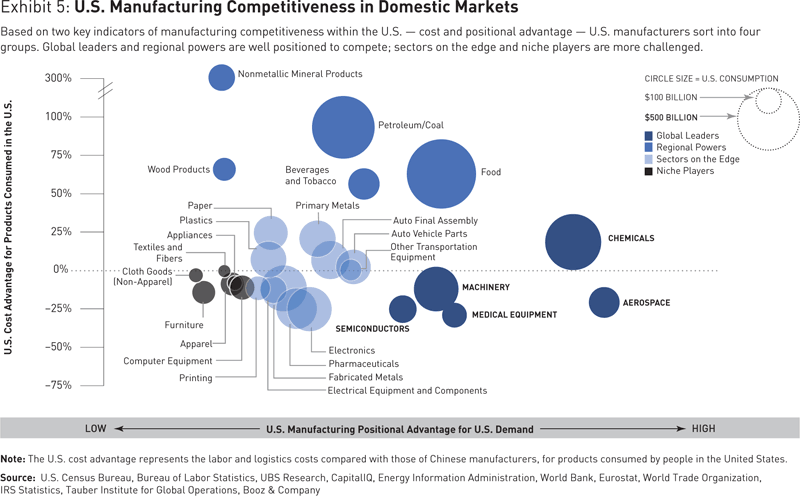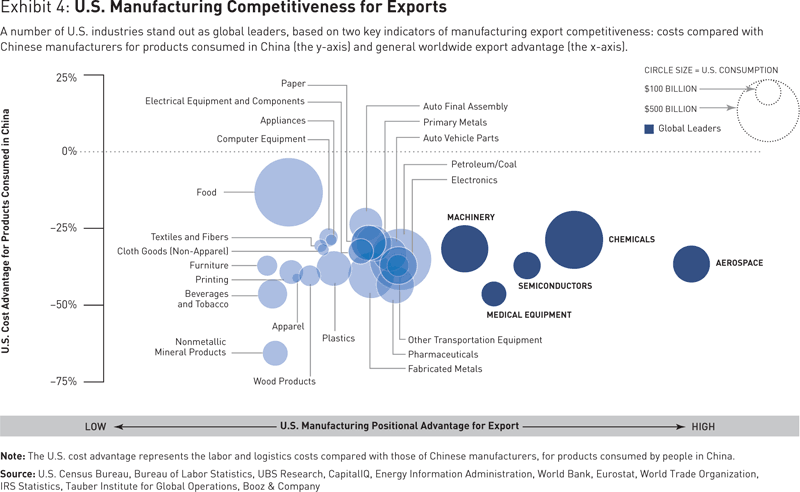Investment Solutions Firsthand experience critical in understanding BRIC markets Investment
Post on: 16 Март, 2015 No Comment

First-hand experience critical in understanding BRIC markets
Share the post First-hand experience critical in understanding BRIC markets
Brazil holds critical lessons for South Africa
Despite sharing instructive similarities and differences with South Africa, the success of Brazil’s SME sector as a catalyst for employment, and the taming of inflation, has laid a foundation for more stable long term growth with lengthening investment horizons.
Glenn Silverman, Chief Investment Officer, and Chris Hart, Chief Strategist at investment Solutions recently visited Brazil attending the Merrill Lynch conference and meeting with Brazilian companies. In the process they visited two of Brazil’s major cities, Sao Paolo and Rio de Janeiro, calling on key businesses and parastatals.
Understanding the Brazilian market
The Brazil fact finding trip is the first of four trips aimed at developing Investment Solutions’ understanding of BRIC markets and their relevance for South Africa the small “s” in the newer BRICs grouping. Future fact finding tours will take Investment Solutions to India in late 2012 and China and Russia in 2013.
In the eighties and early nineties Brazil experienced hyper-inflation, only recently bought into check when political consensus emerged around conservative monetary and fiscal policies. This allowed Brazil to take the necessary but bitter medicine of high primary government surplus taxes in tandem with strong spending controls – laying the foundation for long-term macroeconomic stability and lengthening investment horizons.
This economic consensus, based on fairly heavy government regulation, weak global competiveness, and conservative fiscal and monetary policy achieved a cooperative working relationship between business and government. While negatively impacting investment in infrastructure, Brazil’s consensus enabled the country Brazil to maintain a stable inflationary environment offering increasing investment time-frames, seeing a return of the trust needed for investment and risk-taking – ultimately necessary for long term growth.
This stability has seen Brazil replace the United Kingdom as the world’s sixth largest economy, grow the seventh largest mutual fund market in the world and become the eleventh largest oil and the largest coffee producer. As such, Brazil, along with other BRIC countries, has become increasingly important in any current economic or market view of the world.
Comparing to the South African market
While Brazil’s national ‘scar’ was hyper-inflation, South Africa’s is apartheid, leaving a legacy of underdevelopment, low skills and lack of labour productivity and competitiveness. While Brazil has developed a national consensus around managing inflation, it’s debatable whether or not South Africa has developed its own consensus on managing the effects of apartheid.
The results of each country’s national ‘scars’ has, however, affected their corporate sectors very differently.
In Brazil, the corporate sector was damaged by capital destruction associated with hyperinflation. As a consequence, Brazilian corporates are still in a process of growing and re-establishing themselves within Brazil, remaining introspective with low global growth objectives. Freed from the dominance of large corporates, small business, however, has thrived – absorbing a significant portion of Brazil’s labour force.
In contrast, South Africa was increasingly isolated by apartheid. While inflation was high, it did not damage the corporate sector which managed to grow, eventually outgrowing the domestic economy. As such, small business in South Africa was stifled by large corporates which, given over-concentration in the domestic market, developed a much stronger outward perspective for growth generation compared with their Brazilian counterparts.
Since small businesses absorb labour, Brazil’s thriving small business sector contributes to Brazil’s 6% unemployment rate, contrasted with South Africa’s 25% official unemployment rate in the absence of a thriving small business sector.

The big lesson
As such, the big lesson South Africa can learn from Brazil in that policy needs to be reformed to open up the economy for small business – the essential job-creating mechanism missing from the South African economy.
While, in many ways, South Africa is a more competitive economy with superior infrastructure, the employment lesson from Brazil is that a small business sector is the absolute necessary condition for resolving unemployment. While improving skills and infrastructure can be helpful, they are not, however, the necessary conditions for resolving unemployment. Certainly, Brazil has managed to achieve almost full employment despite infrastructure and skills constraints.
More generally in Brazil, as real interest rates decline with inflation remaining relatively contained, policy seeks to create greater certainty, extending investment timelines. As such, Brazil may well be on the threshold of another growth spurt, led by investment into neglected infrastructure.
In contrast, while South Africa has always had a much longer investment timeline, recent policy discussions have been shortening this by increasing policy uncertainty.
These learnings aside, Investment Solutions’ Brazil research trip has helped enormously to enhance the businesses’ understanding of the full investment landscape and gain insight into a key driver of world growth. It is also very clear that any real investment understanding of the BRICs must be generated from on-the-ground research and first-hand knowledge of the countries involved, and we will continue to invest research in this regard.
Glenn Silverman
Chief Investment Officer














